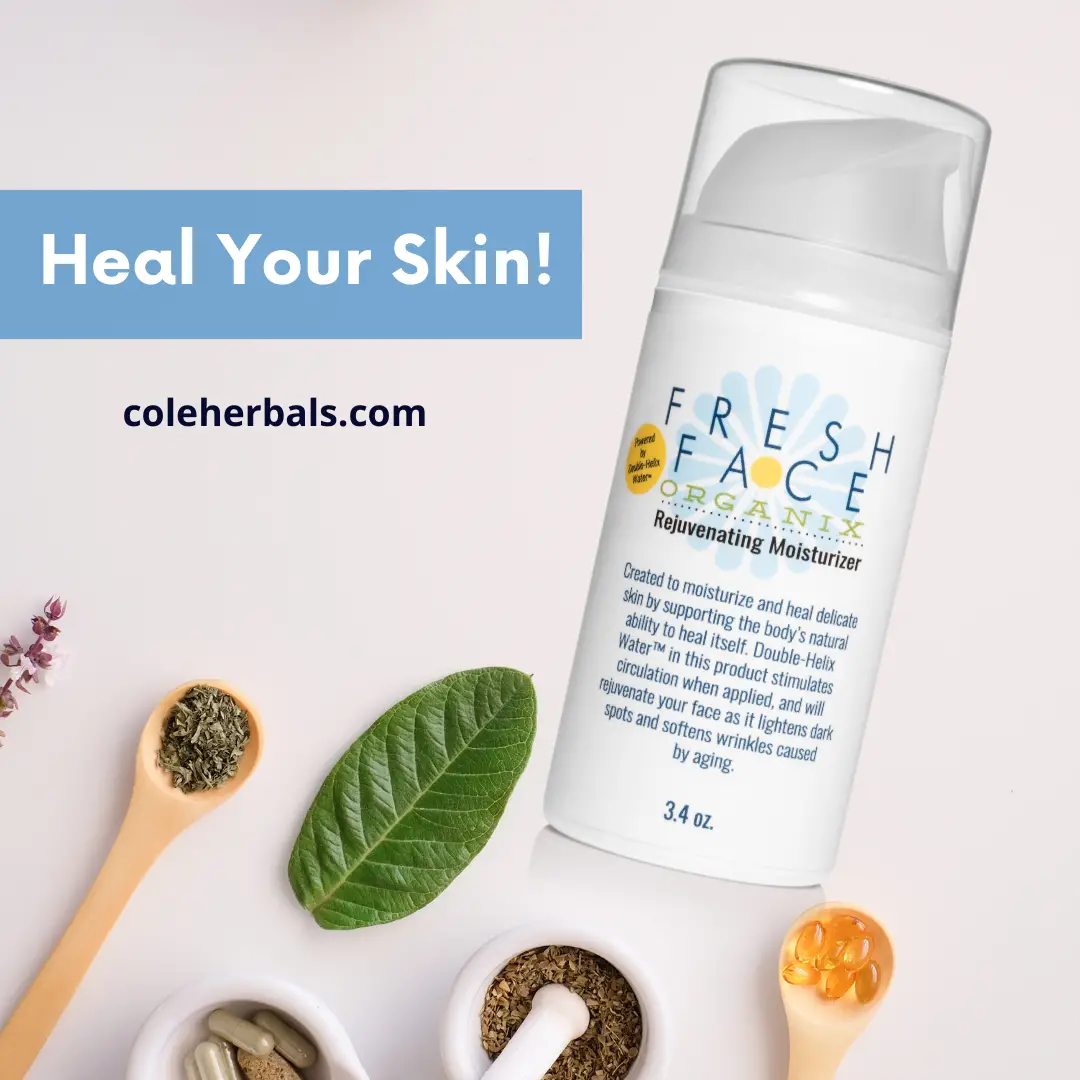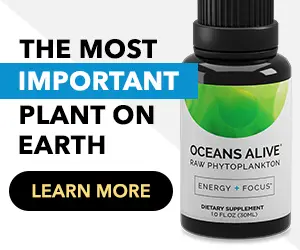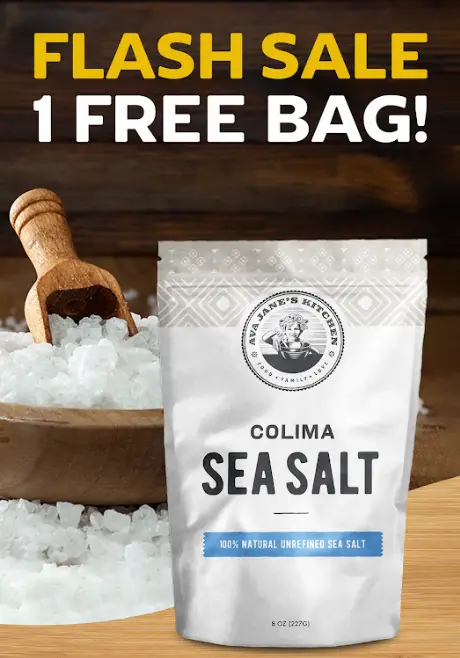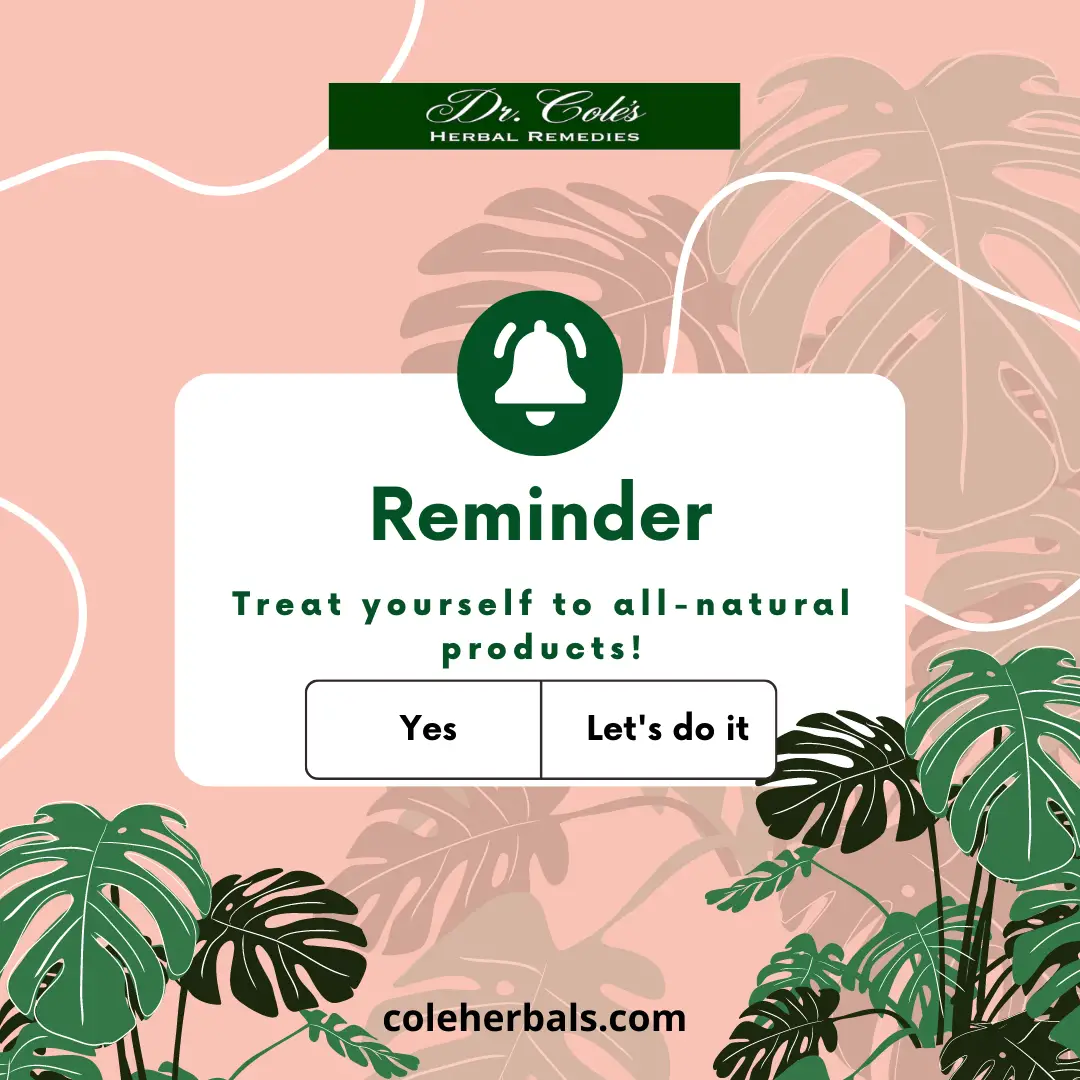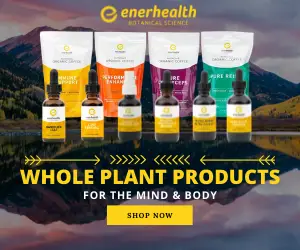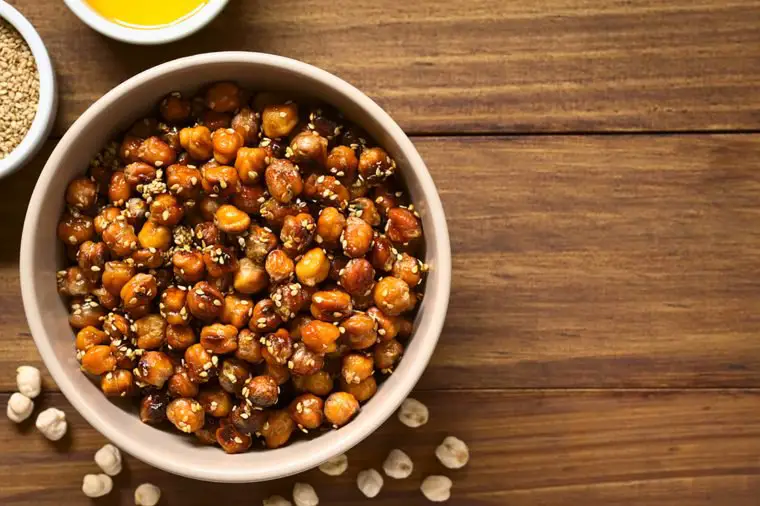
When we think of zinc, we think of it as a mineral that is great for fighting the common cold. But zinc offers much more. You can say it is one of the more underrated minerals we need to consume on a daily basis.
We need small amounts of zinc every day so we can maintain our health and wellbeing. Zinc aids the body in performing important functions on a daily basis.
Think of this for a moment, zinc helps with hormone production, growth, repairmen, improves our immune system, and facilitates digestion. And the mineral also acts as an antioxidant, helping our body fight off free radicals.
With that in mind, let’s talk about all of the benefits of consuming zinc, and how much of the mineral we actually need.
How much zinc you need?
The American Accreditation HealthCare Commission recommends a specific amount of daily zinc consumption. If you do not meet the standards, you might experience symptoms of zinc deficiency.
– Infants up to 6 months need 2 milligrams per day
– Infants up to 12 months need 3 milligrams per day
– Children between 1 and 3 years old need 3 milligrams per day
– Children between 4 and 8 years old need 5 milligrams per day
– Children between 9 and 13 years old need 8 milligrams per day
– Adolescent and adult men need 11 milligrams per day
– Women between 14 and 18 years old need 9 milligrams per day
– Women over 19 years old need 8 milligrams of zinc per day
What is Zinc Deficiency?
Zinc deficiency is common around the world, and that includes the United States of America as well. If you do not get enough foods that contain zinc, or you cannot absorb and use zinc due to a digestive disorder, you will experience symptoms of zinc deficiency.
Zinc is found in legumes and grains, in processed cereals, and in animal foods. It is worth noting that the zinc found in legumes and grains is not as easy absorbable and usable by the body as the one found in animal products.
One of the reasons and causes of zinc deficiency is carbs replace high-quality protein sources. An impaired digestive system also makes it difficult for your body to absorb zinc. Following a plant-based diet puts you at risk of zinc deficiency.
Here are some of the symptoms:
– Changes in appetite
– Food cravings for sweet and salty foods
– Hair loss
– Infertility
– Digestive problems like diarrhea
– Unexplained weight gain or weight loss
– Low immunity
– Trouble concentrating
– Slowed ability to heal wounds and infections
What are the benefits of zinc?
Improves immune system
AS mentioned previously, zinc is commonly used as a remedy for fighting the common cold. Zinc improves our immune system, and when taken regularly for five months period, the mineral reduces the risk of becoming sick.
Zinc as antioxidant
Inside our body, the mineral works as a powerful and potent antioxidant. The first association of antioxidants is fight off free radicals and slow down aging process. But antioxidants also help with prevention and treatment of cancer.
Zinc fights off oxidative stress, one of the big causes of cancer development and growth.
Hormonal balance
Achieving balance of our hormones is a tricky task. Zinc plays an important role in achieving that and promotes better hormonal health. The mineral plays an important role in producing testosterone naturally, a hormone that has a widespread role in both men and women.
Zinc affects female sex hormones as well, and is involved in production and release of eggs from the ovaries. Without the mineral, the female body will have troubles producing estrogen and progesterone.
Prevents and treats diabetes
Another hormone that zinc affects and impacts is insulin. This is the hormone responsible for regulation of blood sugar. Because of this, zinc is considered a natural cure for diabetes. The mineral helps insulin to be properly stored in the pancreas and released when needed.
Helps with heart health
Our cells within the cardiovascular system need zinc. The mineral helps them maintain proper health, and lowers inflammation and oxidative stress. By supporting healthy circulation and blood vessels, zinc essentially improves the health of our heart.
Prevent diarrhea
As mentioned previously, one of the common signs and symptoms of zinc deficiency is chronic digestive problems like diarrhea. Supplementing with zinc, or consuming foods high in zinc will help prevent and treat diarrhea.
Improves fertility
There have been studies showing that zinc is one of the key minerals for fertility. Zinc helps by modulating serum testosterone levels in men. Zinc deficiency can impact fertility in men and lower their libido.
But zinc impacts women’s fertility as well, as the mineral plays a role during the growth process of the eggs.
Helps with digestion
Zinc affects protein synthesis in our body. The mineral is needed so the body can use amino acids from foods. And there are many roles zinc plays for our digestive system, essentially helping us absorb nutrients easily.
Improves liver health
Consuming foods high in zinc, or supplementing with this mineral can reduce the incidence of infection of the liver and prevent liver damage. The mineral also helps the liver cleanse itself, and reduces inflammation.
Muscle growth
Zinc plays a vital role in cell division and cell growth, which translates to muscle repairmen and muscle growth. The mineral helps our body heal itself and maintain strength in the muscular system.
Best Zinc sources
As mentioned previously, the best way to experience the benefits of zinc is by consuming foods high in the mineral.
Here are some of the best sources:
– Lamb – 35% DV in 3 ounces
– Grass-fed Beef – 32% DV in 3 ounces
– Cashews – 23% DV in ¼ cup
– Pumpkin seeds 20% DV in ¼ cup
– Chicken – 12% DV in 3 ounces
– Turkey – 12% DV in 3 ounces
– Eggs – 7% in one egg
– Mushrooms – 7% in one cup
– Salmon – 6% in 3 ounces
Thanks for reading! For more information (including 2 additional foods that are high in zinc) check out this article from our friends at HealthyHomestead.com.
Thanks for installing the Bottom of every post plugin by Corey Salzano. Contact me if you need custom WordPress plugins or website design.




